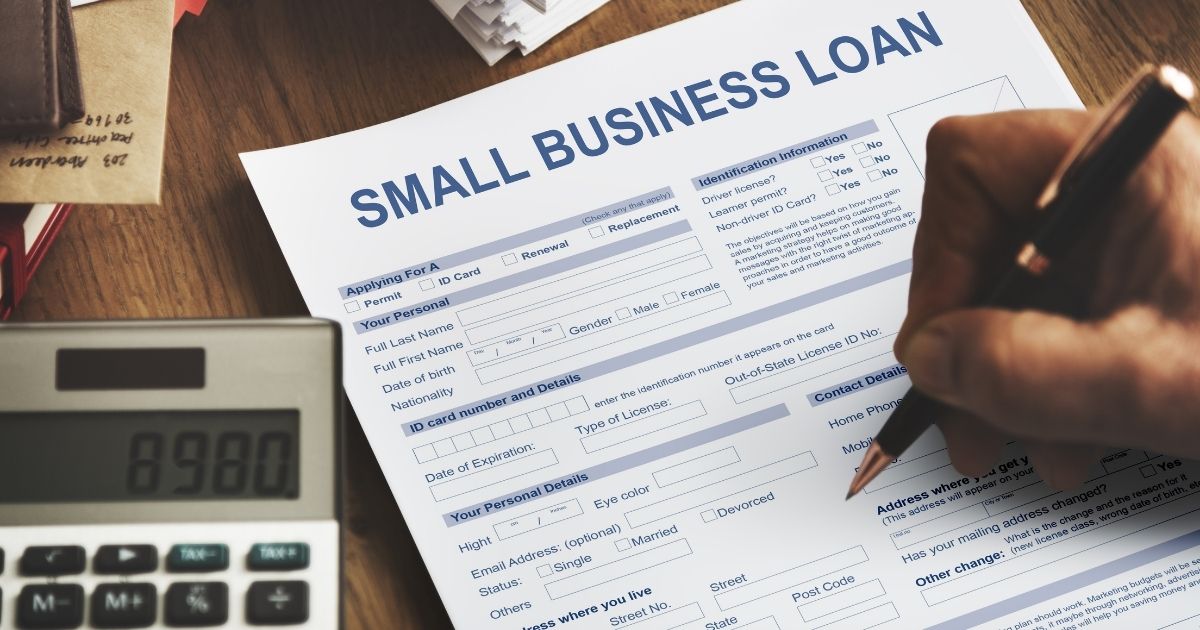What are the Paycheck Protection Program Loan Updates?

In 2020, the federal government approved a $900 billion relief package due to the Coronavirus (COVID-19) pandemic. This package included the Economic Aid Act to help small businesses, nonprofits, and venues keep their companies running. Essentially, the Economic Aid Act made billions of dollars available to entities under the Paycheck Protection Program (PPP) in the form of low-interest loans through selected lenders. Those granted loans could then apply for loan forgiveness within 10 months from the end of their covered loan period.
It is important to note that the PPP ended on May 31, 2021, when the Small Business Administration (SBA) announced that funding had been exhausted. The information that follows is meant to help current loan grantees better understand the nuances of their loans and how to apply for forgiveness.
First or Second Round of the Paycheck Protection Program
Certain loan grantees may qualify for a second draw loan of up to $2 million. To meet the requirements, the organization must have fewer than 300 employees, used or will soon use the entire amount of the first loan, and has a decline in gross receipts of at least 25 percent in any quarter of 2020 when compared to the same quarter of 2019. Economic Injury Disaster Loan (EIDL) advances received by borrowers are no longer deducted from their PPP loan forgiveness amount.
New Business Entities
New business entity types became eligible to apply for PPP loans in the second round, including:
- Chambers of commerce
- Trade organizations
- Nonprofits or government instrumentalities that engage in destination or tourism
- Owners who are delinquent on student loans
- Noncitizens who are U.S. residents
- Owners with non-fraud related felony convictions
Like the first round, the second round continues to include these eligible entities:
- Self-employed
- Sole proprietors
- Independent contractors
- Seasonal businesses
- Nonprofit organizations
- Housing cooperatives
- Veterans organizations
The first PPP round required funds to be used for expenses, such as rent, payroll, utilities, employer-sponsored health insurance, and other eligible costs. The second round still includes these plus additional forgivable expenses:
- Operational expenses:For Human Resources, accounting software, and cloud computing.
- Property damage: Costs related to public disturbances in 2020 not covered by the organization’s business insurance.
- Supplier costs:For payments made to suppliers before receiving the PPP loan needed to keep the business running.
- Worker protection costs: COVID-19 worker safety expenses, facility modifications, and supplier costs related to COVID-19 protections.
Current PPP Loan Forgiveness Requirements
The following requirements from the first round and later are still in effect:
- The loan must be used to cover payroll costs and other qualifying expenses over the eight- to 24-week period after the loan is made.
- The borrower can choose a covered period from eight to 24 weeks and submit the forgiveness application before the end of the 24 weeks if they use PPP funds early.
- Employee staffing and compensation levels must be maintained for loans greater than $50,000. PPP loans under $50,000 are exempt from workforce and wage reductions.
- Borrowers are eligible for full loan forgiveness if they use at least 60 percent of loan proceeds for payroll expenses, with no more than 40 percent going to qualifying expenses unrelated to payroll.
If a business is experiencing loan issues, it is advisable to speak to a lawyer. A lawyer can assist with business tort litigation matters.
Philadelphia Business Lawyers at Sidkoff, Pincus & Green P.C. Help Business With Loans
PPP loans and other government-sponsored programs can be complex. Requirements change often, and businesses need to try to stay on top of them or risk not following the correct procedures. A Philadelphia business lawyer at Sidkoff, Pincus & Green P.C. can address your concerns. Contact us online or call us at 215-574-0600 for an initial consultation. Located in Philadelphia, we serve clients throughout Pennsylvania and New Jersey.













